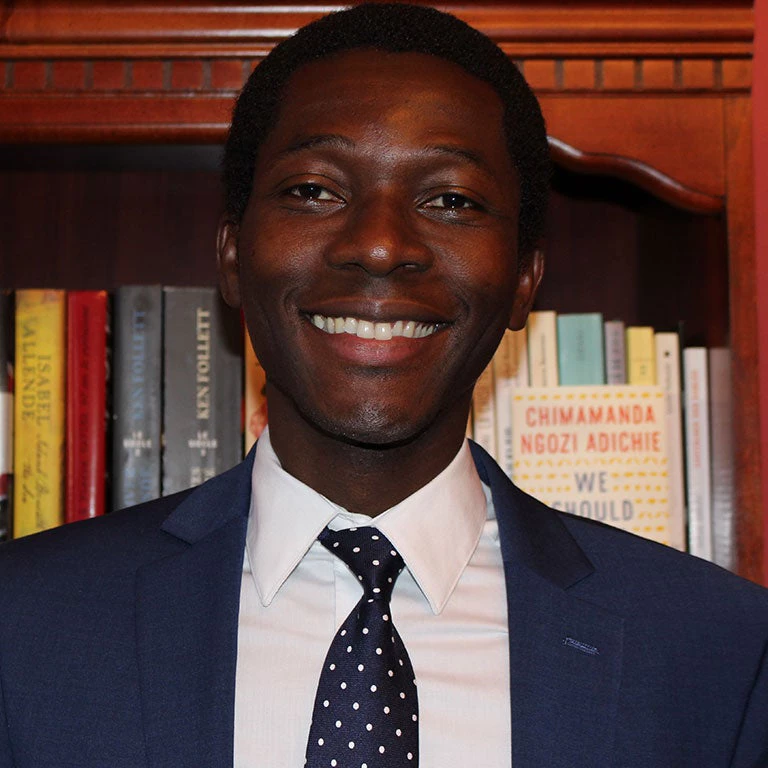 Children and United Nations vehicle
Children and United Nations vehicle
Endowed with impressive natural and mineral resources, the Central African Republic (CAR) is potentially rich. Yet it is a typical example of the natural resources curse. The country fails to benefit from its substantial natural resource wealth and respond to the needs of its population. With two democratic transitions and seven coups d'état attempts - five of which resulted in a change of power - the country is rife with conflict, corruption, and economic instability. Commodity dependency, weak private sector, corruption, elite capture, lack of social cohesion, and vulnerability to external shocks exacerbate these weaknesses.
Almost a decade after the 2013 civil war, the country remains fragile and, despite significant improvements, still faces episodes of insecurity. A new conflict erupted after the 2020 presidential elections, dampening hopes for a peaceful transition of power. CAR is now at a crossroads, with overlapping crises (COVID-19, post-electoral conflict, the war in Ukraine, etc.) and critical choices to improve its people’s living conditions.
Timeline: Fragility and Conflict in the Central African Republic

The power struggle creates insecurity
One of the root causes of the country’s fragility is the struggle for power and natural resources among its political elites. This has led to the formation of political and armed groups that act as “roving bandits,” impeding anyone from producing and investing securely. Political elites have been exploiting economic inequalities and ethnoreligious differences to undermine social cohesion, capitalize on local grievances, and gain legitimacy. The volatile security situation pushes policymakers at all levels to seek short-term, personal gains rather than adopt long-term reforms. Elites and armed groups are exploiting the population. Porous borders and a dependency on external actors have turned CAR into an arena of geopolitical tensions and contestation. Weak governance and judicial services, along with the lack of accountability and civil liberties, have facilitated the capture of resources and exacerbated grievances. Growth has been uneven, productivity has halved since 1990, and GDP per capita dropped from $653 in 1990 to $414 in 2020.
Fragility and Conflict in the Central African Republic

CAR’s political fragility might increase in the coming months and years. Risks include the macro-fiscal uncertainty created by adopting Bitcoin as the legal tender (in April 2022). Other factors could be waning donor appetite, the spillover effects of the war in Ukraine, demographic dynamics, regional disparities in poverty and service delivery, and the intent to amend the constitution to allow the president to run for a third term. Social cohesion and trust are particularly low in provinces, where the lack of opportunities is the highest, fueling frustrations.
The Need for Bold reforms
As a recent report shows, for CAR to realize its enormous potential, it must address the root causes of fragility by creating jobs, improving the management of its natural resources, and establishing a social contract. The analysis suggests the following:
- Build a social contract to escape chronic instability. Past attempts to address the political crisis and instability were unsuccessful because of mistrust between the state, armed groups, and citizens, and temporary strategies that did not address the root causes of conflicts and violence. CAR needs to revamp its political landscape and refocus on development.
- Bold and sustained reforms to support long-term growth, promote regional trade, improve competition, and tackle corruption. CAR could accelerate its economic performance, halve extreme poverty, and move to lower-middle-income status by 2050 through structural reforms to boost productivity, human capital, and private sector investment. The African Continental Free Trade Area has enormous potential for the country. To seize it, CAR should remove non-trade barriers, including poor road connections and administrative red tape, facilitate business creation, protect property rights, improve infrastructures such as electricity and ICT, and strengthen the public procurement system. The government should focus on the enforcement of laws and regulations and define sanctions for corruption and fraud by public officials.
Policymakers need to focus on accelerating development, improving the quality of governance at all levels, and increasing transparency to maximize the impact of reforms on the living standards of Central Africans. To build trust, the government should involve civil society organizations and the general public in decision-making instead of pursuing opaque exercises that fuel feelings of exclusion, exacerbate grievances, and deteriorate the already precarious social contract. It is also urgent for the government to re-establish trust with development partners and regional institutions to leverage their support.


Join the Conversation